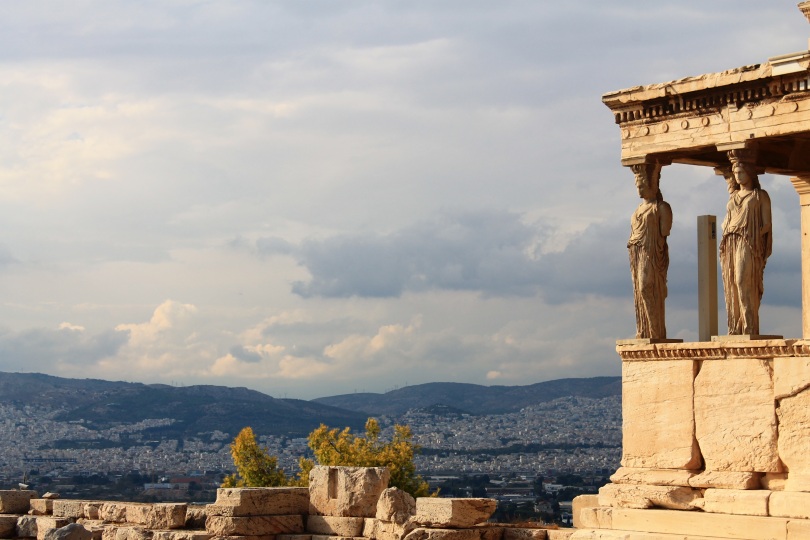This year, I’m teaching a new Pre-AP Music Appreciation course at my school. The goal of the course is to teach students the language of music, as well as the different instruments, along with a broad survey of Western music from the Middle Ages to the present. For the first week, we discussed dynamic contrast, tone color/timbre, and began going through the instruments typically found in the orchestra. We’ve also listened to some excellent music, including a particularly dramatic performance of Franz Schubert’s “Der Erlkönig.”
After we covered the different orchestral instruments, we listened to Benjamin Britten‘s “The Young Person’s Guide to the Orchestra,” performed by the WDR Sinfonieorchester Köln under the direction of Jukka Pekka Saraste. Britten’s piece takes a theme from seventeenth-century English composer Henry Purcell, an important Baroque composer with a distinctly English sound. Britten has the entire orchestra play the Purcell theme, then each section takes a turn. Then each instrument in the orchestra—including auxiliary percussion pieces like the triangle—take solo or soli sections, starting with the piccolos and flutes.
It’s a charming bit of modern classical music, and this performance is a particularly good one. The camera crew makes sure to highlight each section of the orchestra and each group of instruments as they perform (the oboes are particularly fun, as one oboist looks like his head is about to burst from concentration). I remember Ben Shapiro recommending the piece to a listener who wanted to introduce his young children to symphonic music, and stating that his own young daughter loved it.
After thirteen (!) variations on Purcell’s theme, Britten introduces a lively new theme, starting with a jaunty, acrobatic piccolo solo, and then slowly building back in the woodwinds, strings, brasses, and percussion in turn. The whole thing swells to a mighty crescendo, with a powerful, full orchestra finale. When I played it for my Pre-AP Music Appreciation students Friday morning, a few of them were awe-struck. We finished listening in the closing minutes of class, and one student left saying, “This is my favorite class”—always satisfying to hear as a teacher.
Of course, who couldn’t love a class that involves listening to and talking about great music? As our primary resource, I’m using Roger Kamien’s Music: An Appreciation, the eighth brief edition. We’re also using YouTube heavily to locate quality recordings of music, such as the WDR Cologne Symphony recording featured in this post.
I’m hoping to sit my niece and nephews down soon to listen to Britten’s piece, as I think they’ll enjoy all the instruments. It might be a tad long to hold their attention, but it can easily be enjoyed in small chunks. My niece is particularly musically inclined, and I think will have fun seeing and hearing the different orchestral pieces in turn.
After all, if we’re trying to save Western Civilization, that means learning to appreciate some our highest cultural creations—and sharing that love with the next generation.








